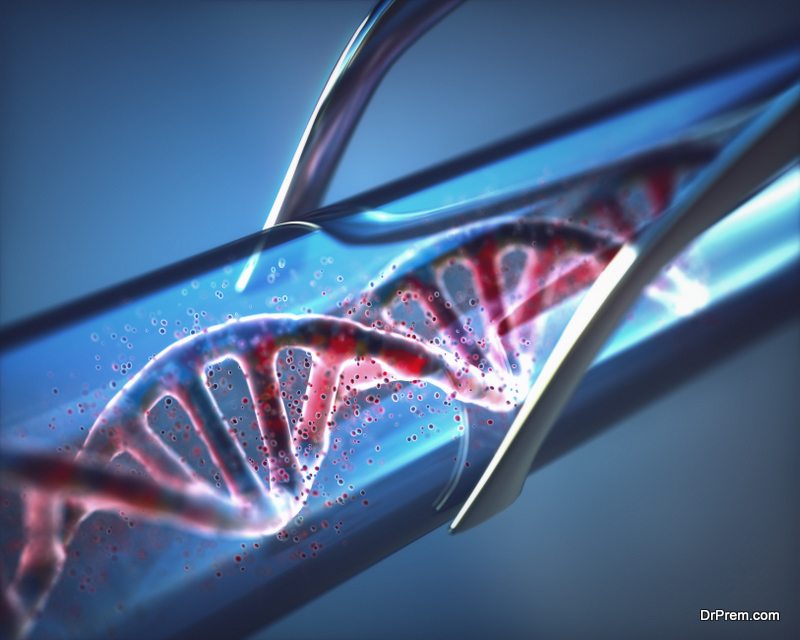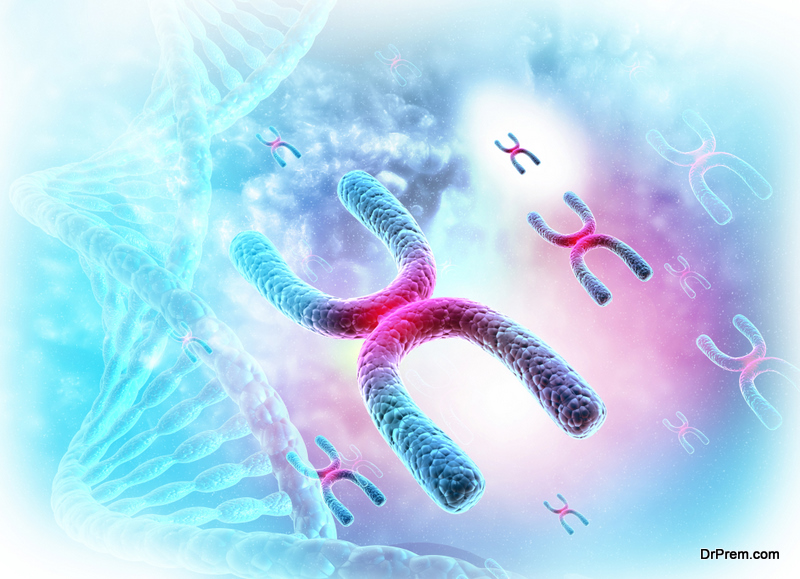The Human Genome Project completed identifying and mapping the building blocks of human life in 2003. Since then, the medical advancements have improved and saved many lives applying genetic research. The most amazing discovery that the Human Genome Project found was that all of humanity share 90 percent of the same DNA!
Oddly enough, you are more likely to share more DNA with someone from another race than you do with individuals that share similar physical characteristics to you. Genetic research has helped millions of people prevent and treat many conditions and illnesses.
However, there are lots of different types of DNA tests. It is vital that you purchase the right test for your needs. DNA Weekly is an objective reviewer of commercial genome testing and the laboratories that perform the reviews. The website has a wealth of resources that can help interpret data and understand results.
BRCA1/ BRAC2 Mutations
 It is imperative to acknowledge that there are more than 1000 known BRCA mutations and negative test results do not ensure a person won’t develop the disease.
It is imperative to acknowledge that there are more than 1000 known BRCA mutations and negative test results do not ensure a person won’t develop the disease.
The U.S. Food and Drug Administration has permitted the Personal Genome Service Genetic Health Risk (GHR) an allowance to tell consumers that they have three specific mutations of the BRCA1/BRCA2 gene which are the most prevalent among individuals of Eastern European and Ashkenazi Jewish ancestry.
The tests are self-administered by the patient who swabs the inside of their cheek and sends it back to the lab for inspection. The report the patient receives only reports on these three, specific gene mutations while the hundreds of other mutations are ignored.
Medical DNA tests are more comprehensive and typically are accompanied by genetic counselling and proper treatments. While the limitations of a consumer DNA test are numerous, they do open the door to receiving the treatment they need if they do develop an illness.
State of Wellness
 Human genes change over time. Certain variables (like what a person puts in their body, how often they exercise, and whether they healthily cope with stress) can either strengthen those genes or weaken them.
Human genes change over time. Certain variables (like what a person puts in their body, how often they exercise, and whether they healthily cope with stress) can either strengthen those genes or weaken them.
A commercial DNA test from a company like 23andMe or Ancestry.com can provide you with insights into how your lifestyle is impacting the health of your body. Lifestyle changes can often reduce the probability of developing a condition, or even aid in early and proactive treatment for the disease.
Do You Risk Your Life Often? Geneticists believe that specific types of genes within the x chromosome which include the structures for the monoamine oxidase enzyme (MAO) which are connected to thrill-seeking and impulsive behaviors.
Geneticists believe that specific types of genes within the x chromosome which include the structures for the monoamine oxidase enzyme (MAO) which are connected to thrill-seeking and impulsive behaviors.
While we are in the womb our attitudes to risk are already being shaped inside our DNA. According to Cynthia Thomson, Ph.D. who participated in the University of British Columbia’s 2014 study that correlated risky behavior is (at least in part) due to an individual’s genetic makeup.
Are You an Early Bird or a Night Owl?
 Geneticists have identified why some people wake at the crack of dawn and why others sleep until noon.
Geneticists have identified why some people wake at the crack of dawn and why others sleep until noon.
The Per2 gene is connected to something called advanced sleep phase syndrome Our sleep and wake cycle is regulated by our Circadian Clock which tells our bodies when to get sleepy and when to wake up. The gene Per3 is tied to people who prefer to stay up and sleep in late.
Unfortunately, night owls are more prone to disease and illness than their early bird counterparts. It might be worth getting up a little earlier every day. It will not change your genes, but it might get you some sunlight and vitamin D!
Article Submitted By Community Writer




